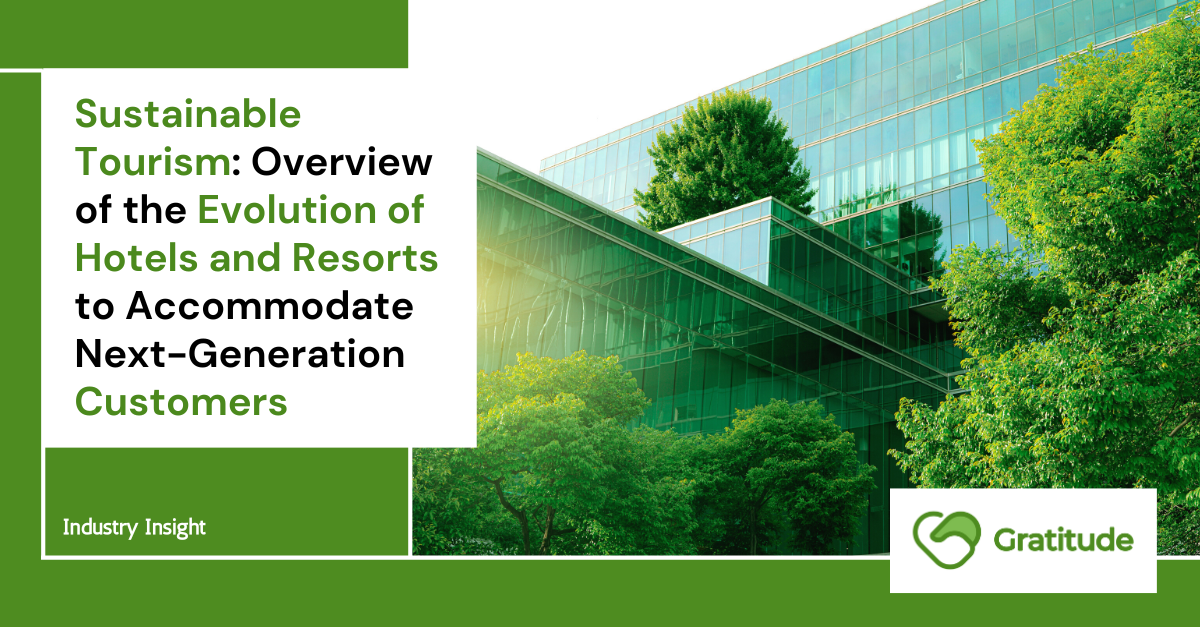The tourism sector has seen an unparalleled boom in recent years. With an estimated 1.5 billion international tourist arrivals recorded in 2019 according to UNWTO, the industry is a major player in the global economy. However, this immense growth is accompanied by significant environmental and social footprints, often straining resources and negatively impacting destinations. Sustainable tourism seeks to counter these challenges, aiming for a balanced approach where the needs of tourists, the environment, and local communities are harmoniously addressed.
What is Sustainable Tourism?
Sustainable tourism can be defined as the form of tourism that meets the needs of present tourists and host regions while safeguarding and enhancing opportunities for the future. It encompasses socio-economic stability, conservation of natural resources, cultural preservation, and most importantly, a responsible consumption pattern.
Transparency in Resource Usage: Why Hotels are Key Players
Hotels are a cornerstone of the tourism industry, and as such, their operations significantly influence the sector’s overall sustainability. According to the World Tourism & Travel Council (WTTC), the hotel industry accounts for 5% of global CO2 emissions. Furthermore, a hotel guest uses about 10 times more water per night than a local resident in some developing countries. Therefore, adopting sustainable practices and being transparent about resource usage isn’t just a moral responsibility for hotels, but a necessity.
The Benefits of Transparency
1. Consumer Trust: Modern travelers are becoming increasingly conscious of their environmental footprints. A study by Booking.com in 2020 showed that 82% of travelers believe sustainable travel is vital. By being transparent, hotels build trust with consumers, potentially leading to increased bookings and loyalty.
2. Economic Sense: Efficient resource usage can translate to cost savings. Simple measures, like LED lighting or rainwater harvesting, can significantly reduce utility bills.
3. Local Community Benefits: By openly communicating about their resource usage and sustainable efforts, hotels can foster better relationships with local communities. When hotels use resources responsibly, there’s a greater chance local ecosystems and lifestyles remain undisturbed.
Examples and Best Practices
1. The Six Senses Resorts: Known for its eco-friendly resorts, Six Senses showcases its commitment to sustainability on its website, breaking down energy, water, and waste data for travelers to see. Transparency helps travelers make informed choices.
2. Bucuti & Tara Beach Resort, Aruba: This hotel became the Caribbean’s first certified carbon-neutral resort in 2018. They detail their resource consumption, waste management, and carbon offset programs on their website for guests to view.
The Way Forward
Hotels should adopt the following measures to ensure transparency:
1. Annual Sustainability Reports: Hotels should release annual sustainability reports detailing energy, water, and waste data, alongside set targets and achievements.
2. Stakeholder Engagement: Engage with guests, staff, and local communities to gather feedback and ideas on improving sustainability.
3. Third-party Certifications: Adopt internationally recognized certifications like Green Key, EarthCheck, or LEED to validate their sustainability efforts.
All those efforts that hotels and resorts are doing, it will not affect sales without proper promotion or campaigns that end customer can view and interact with. Gratitude can help!
Gratitude enables businesses to become transparent by being powered by blockchain technology, with easy-to-use tools to record their supply chain, narrate the story, verify on blockchain and present the data in a beautiful landing page that can be issued via Gratitude’s QR Code or URL that can be placed on a physical product or embedded on digital marketing campaign or label, even in hotels. With this QR code, brands can put in place localized material or descriptions of their product so that the product can quickly hit the shelves while the full localization in progress. Customers can then simply scan the QR codes placed on the product or click the link on a digital campaign and clearly see the product’s journey, verify sustainability claims, or even company and brand stories that the company wants to reveal to the customer in language that they are familiar with.
Begin your business’ true transparency journey by implementing Gratitude to unlock the hidden value of your supply chain data. Talk to our representatives via the following channels for support or assistance in implementation:
Website : https://more-gratitude.com
Twitter : https://www.twitter.com/more_gratitude
Linkedin : https://www.linkedin.com/company/more-gratitude
Instagram : https://www.instagram.com/more_gratitude/
Facebook : https://www.facebook.com/followgratitude
Medium : https://www.medium.com/@more_gratitude
Sign up to our exclusive newsletter for special offers and latest industry insight :

